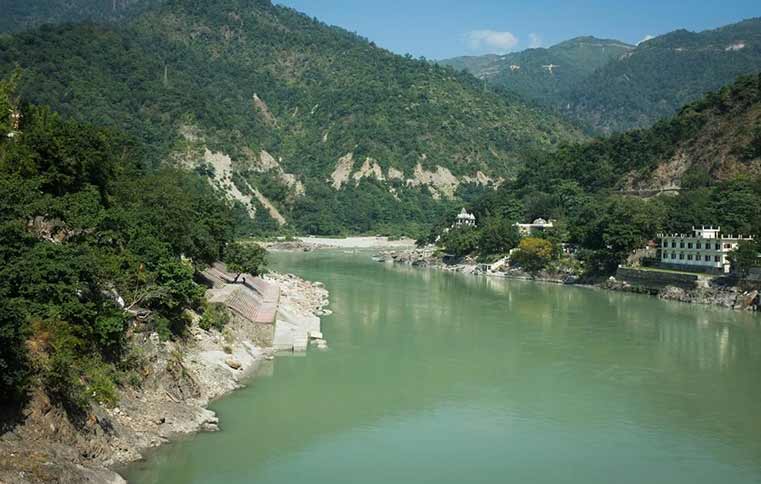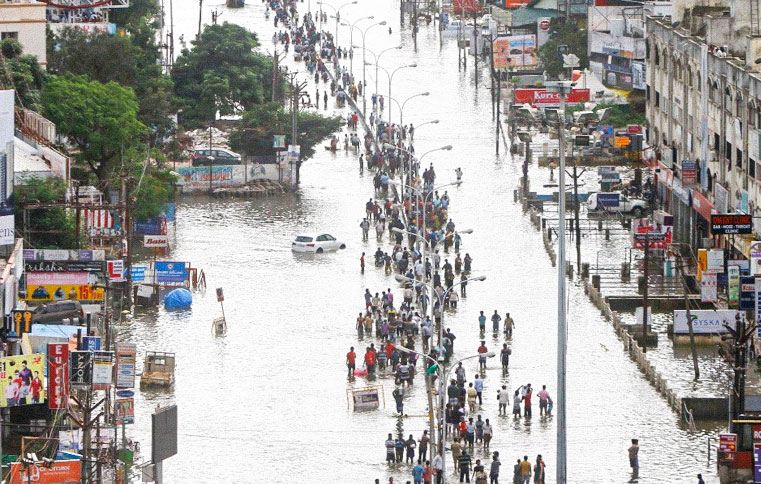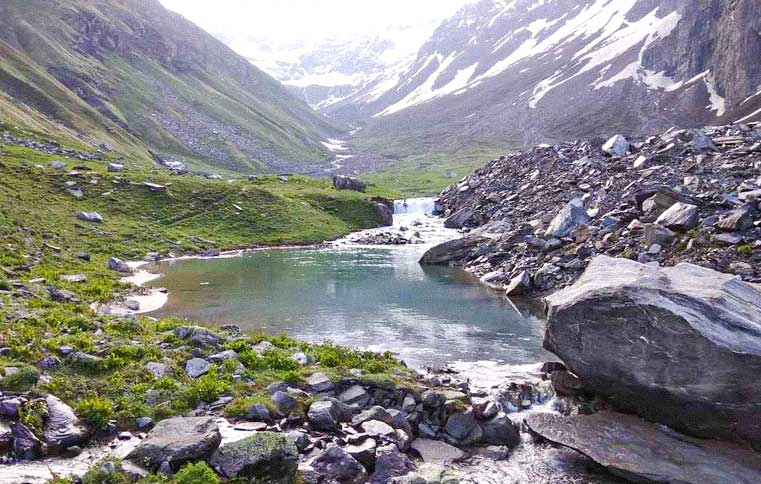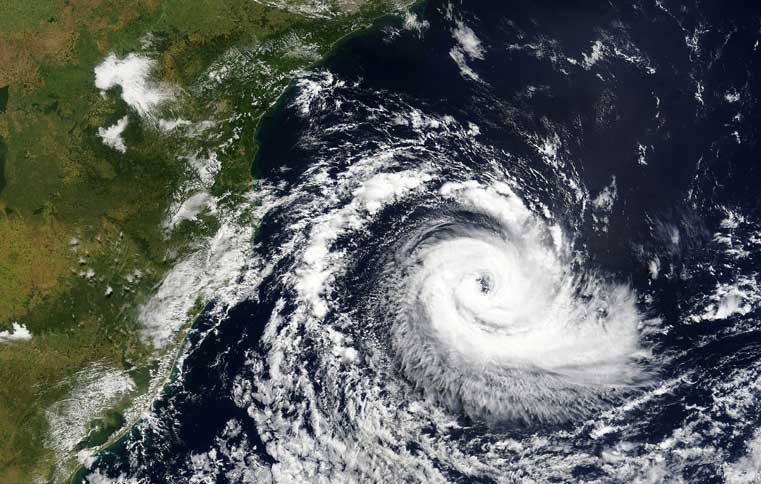An Emerging Concern for Freshwater Scientists
By: Nishikant Gupta | Date: 18th September 2019
 Image Source: Wikimedia
Image Source: Wikimedia
A recent paper published in the International Journal of River Basin Management entitled, “Non-native fishes in the Indian Himalaya: an emerging concern for freshwater scientists”stresses that “in the wake of changing climatic variables and increasing anthropogenic (human) threats, there is an urgent need to understand the behaviour of the recorded non-native fish species from freshwater ecosystems, and identify factors which provide them an ecological advantage”.
The novel research conducted and co-authored by Dr Nishikant Gupta and Dr Mark Everard is based on almost a decade of field studies in the Indian Himalayan region.
The authors point out that globally, “non-native species (defined as those introduced beyond their native range) have posed a significant threat to native fish species, and caused economic losses running into billions of US$”.
The authors conclude their paper by providing key recommendations to address this emerging worry in the aquatic systems across India – investigate the population status and distribution of introduced fish; review their uncontrolled, unscientific stocking; address the status of fish as a taxonomic group with wider values; and spread knowledge of introduced fish through public awareness and educational programmes.
Key Research Points
1. Anthropogenic activities impose major threats to global biodiversity, compounded by changing climatic variables.
2. Freshwater ecosystems are amongst the most vulnerable habitats, integrating multiple pressures across catchment landscapes.
3. Introduction of non-native fish species exerts multiple direct and indirect impacts on native species and the ecosystems of which they are part, with further impacts on the socio-economic wellbeing of communities.
4. There is an urgent need to support a case for cessation of stocking with alien species.
5. Collection of long-term field data could greatly assist in addressing knowledge gaps and identification of effective control measures.












